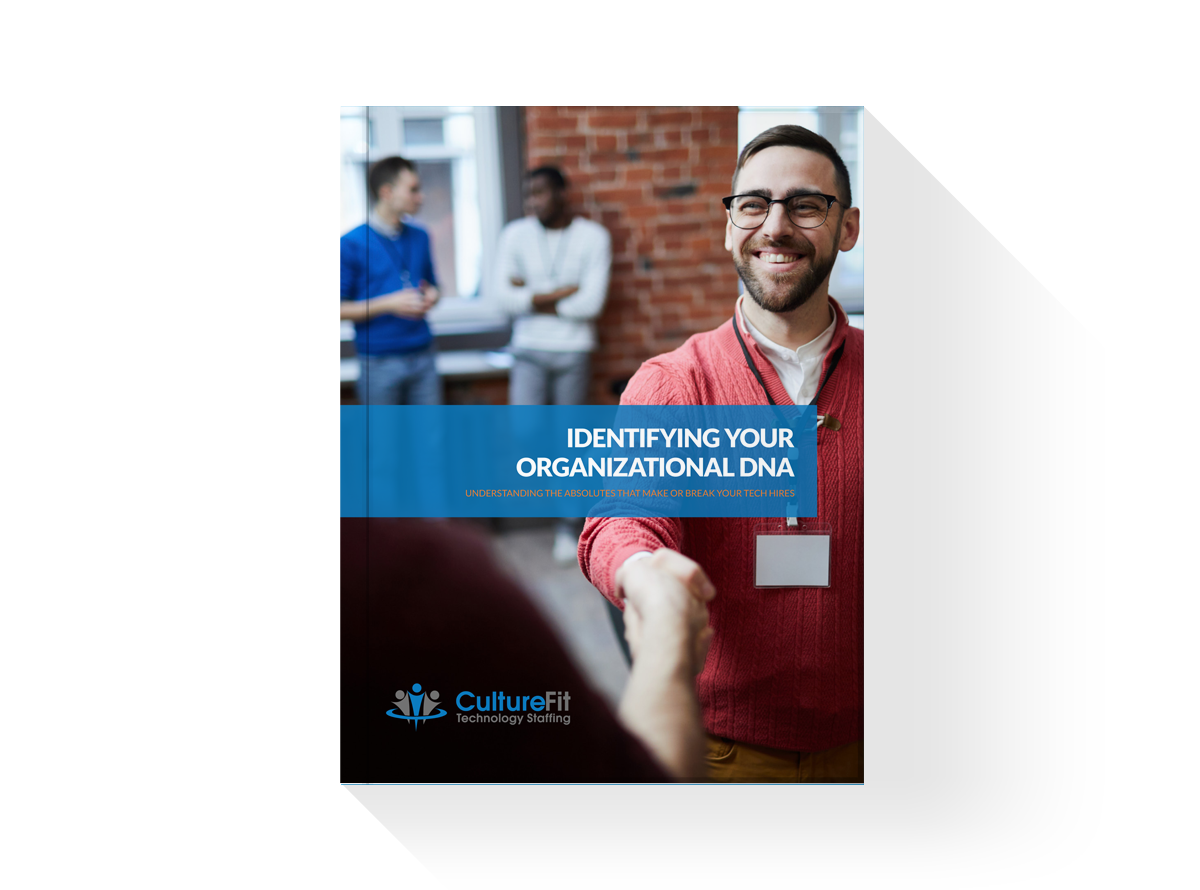“Best Practices” to Ensure Your Sensitive Data is Protected
Sensitive business data is more vulnerable today than ever before, and more valuable than ever to hackers looking to profit from stealing the information. IT talent are paid handsomely to stay one step ahead of these equally talented thieves, primarily driven by the ever growing amount of data being leveraged to run a business. As a result, everything from corporate trade secrets, national security information, personal medical records, Social Security and credit card numbers are all stored, used, and transmitted online and through multiple connected devices.
Security IT Professionals have become critical. Through this elite group, they’ve led the way to establish,industry “best practices” and standards to help protect both the small and large- enterprise.
SEPARATE THE DATABASE AND WEB SERVERS
Always keep the database server separate from the web server. While it is more convenient for the vendors to have the database created on the same server that the application is installed, you are actually making it much easier for hackers to access the data because they only need to crack the administrator’s account for on only one server to have access to everything in your database. And remember to have it hidden behind a firewall!
ALWAYS ENCRYPT STORED FILES AND BACKUPS
Encrypt any files that have value to the organization and are stored on the application or database server (including your backup files!). If they have value to your organization, they are of value to a hacker looking for an easy payday. And remember that not all data theft or destructions happen as a result of an outside attack. Sometimes employees can go rogue and decide to steal or destroy data as well.
KEEP PATCHES CURRENT TO THE MOST RECENT RELEASE DATE
Websites that use third-party applications, components, and various other plug-ins and add-ons are more susceptible to hacking than those that have been patched with the most current release dates. Never let an out of date patch remain on the system. That new patch was created because attackers have already hacked the previous security firewalls and can easily get into your database now!
ALWAYS USE A WEB APPLICATION FIREWALL
Also known as WAF, a Web Application Firewall will stop outside threats from attacking your sensitive information stored on the database. When you protect your web server with WAF, you are also protecting your database by preventing the injection of SQL queries used by an attacker to breach your traditional IT security systems (such as standard firewalls or IDS/IPS).
Although these “best practices” are an essential check list, they cannot replace the expertise of an IT Security expert. For more great advice on data security “best practices”, or if you are an IT security expert looking to advance your career, talk to one of our IT Staffing Professionals at CultureFit. CultureFit is a full service Technology Staffing and recruitment firm for corporate cultures and IT talent that value organizational fit, employee satisfaction, and an extremely high level of technical IT skills.


